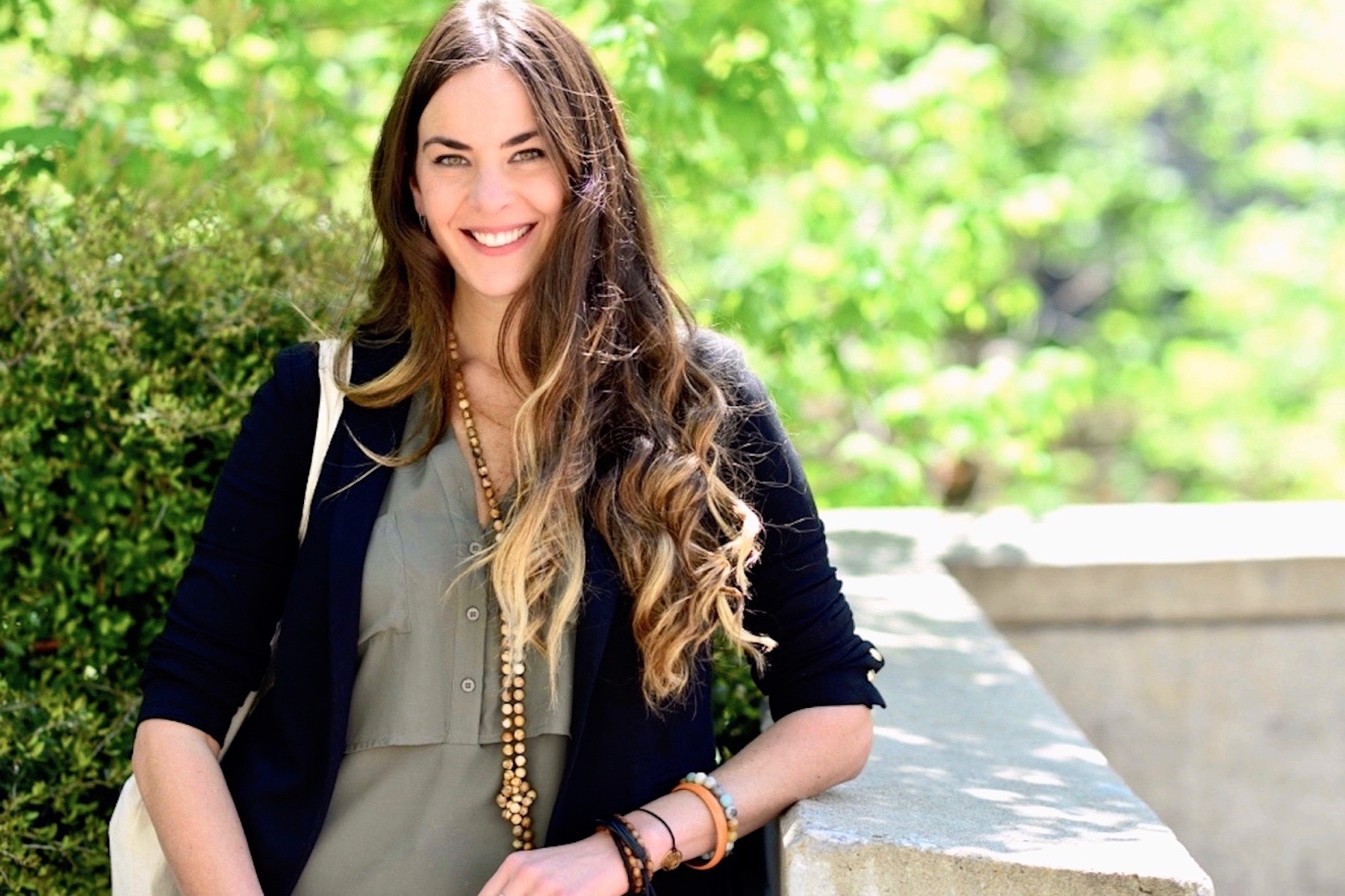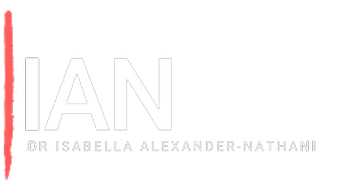
This Week’s Professor Spotlight
“For Emory Assistant Professor Dr. Isabella Alexander, a normal day in Morocco consists of scavenging dump sites for food scraps with her brotherhood and hiding memory cards in the soles of her shoes. At night, she sleeps on the ground, always remaining alert to the sounds of an approaching police raid. An American journalist fluent in the local dialects, Alexander said that even as a foreigner, filming the routine human rights abuses against sub-Saharan migrants and refugees around Morocco’s Spanish enclaves leaves her exposed to routine police harassment by both Spanish and Moroccan officials. She has spent many years living in the makeshift forest camps surrounding Ceuta and Melilla and continues to return annually, spending the months that she isn’t teaching hidden from state-authorities and signs of city life. Now, she plans to expose the story of Africa’s unseen migrant and refugee crisis to the world.
Alexander is currently completing a book titled, “Burning at Europe’s Borders,” and plans to release it alongside her first feature-length documentary film, “The Burning: An Untold Story from the Other Side of the Migrant Crisis,” early next summer. While at Emory, she offers undergraduate and graduate courses focused on international human rights and the current crises of migrant and refugee displacement around the world. According to Alexander, the human rights crisis in Morocco is growing due to two systemic processes – individuals from war-torn and poverty-ridden countries across the sub-Saharan are crossing through Morocco in their attempts to reach Europe, and all Africans detained within Europe are being deported to Morocco, rather than being properly repatriated to their countries of origin. This crisis is reminiscent of the Syrian refugee crisis as families often break apart in the hopes that one among them will be able to reach a better life. Those traveling north turn to smuggling rings to aid in their movement towards Europe’s southern borders. Yet, the small number who successfully make it to the E.U. learn that even after applying for refugee status, the rejection rate for sub-Saharan Africans is over 80 percent.
It was painful to hear her describe the mentality of many young migrants and refugees, after living through years of brutal police harassment. “I don’t think death is the ultimate fear [for migrants and refugees],” Alexander said. “They talk about death so casually, their lives like a game of chance. I think the ultimate fear is never escaping the cycle they’re trapped in.” After having spent so many years in the camps with the brotherhoods, and having seen many of the young men killed at the hands of border guards, Alexander’s commitment to the cause has become clear even to those there. “I listen to how [migrants and refugees] talk about journalists,” Alexander said. “They often tell me how journalists come to steal their stories, but how they believe I am there to help them tell their stories.” She prioritizes giving the migrants and refugees an active role in all of her research projects, including her most recent documentary film.
Back in the classroom, Alexander’s students attempt to unpack her anecdotes from the field. One of her students, Caroline Cohen (20C), asks herself how this is happening and how she didn’t know anything about it before taking Alexander’s class last spring. Cohen spoke about how the overload of news content can be desensitizing, but how the personal stories are hard to forget. Alexander has a similar philosophy and hopes that the human element of the migrant and refugee crisis that she exposes to her students in class will also resonate with audiences who see her film and read her book. “I think the power of good storytelling is that you can pull individuals out from the masses and people can connect with those individual stories in a more intimate way. Once you have one individual who comes to mind – one face, one story – when you hear about a particular crisis in the news, it becomes that much harder for you to turn away.” Though Cohen says information coming from the news can sometimes be overwhelming, the connection that Alexander’s anecdotes make between the migrant crisis and the individuals effected by it is difficult to ignore. “The situation [in Morocco] is terrible,” Cohen said. “And I feel like I really understand just how terrible it is for the first time.”
In preparation for the documentary’s official release, Alexander has been screening rough cuts of the film for university audiences across the country. “I always have a handful of European and Moroccan students in the audience at my screenings,” she said, “and the fact that they are equally shocked to learn that this is unfolding in their backyard is, to me, evident of just how important it is that this story be broken.”
After taking Alexander’s class, Johnna Gadomski (20C) decided that she would intern at a refugee aid center in Atlanta this summer. “I had never thought of the right to migrate as such an essential part of our basic human rights,” Gadomski said. “[Alexander] definitely changed my perception of human rights, and how subjective the application of them can be. Who gets human rights? And who decides? Her class has made me question why certain people are not afforded the rights they deserve.” Gadomski also spoke to how much she appreciates Alexander’s effort to integrate materials from her own research into her classes. “She’s done a really good job of never reducing [the migrants and refugees] down to stories of vulnerability but maintaining their humanity as complete individuals,” Gadomski said.
Alexander said ultimately, she hopes that like her class, her larger work will impact the public’s understanding of the migrant and refugee crisis and lead to concrete changes at the Spanish-Morocco border. “We draw a stark line between these two categories – the migrant and the refugee – and I hope my work encourages audiences to think about how they are often one in the same, and how the label that is assigned to an individual is often based on racial or gendered prejudices about them and their ability to assert vulnerability in crises.” We, too, hope that her work will reach and inspire broad audiences as it has done here on Emory campus…”
Sorry, the comment form is closed at this time.

